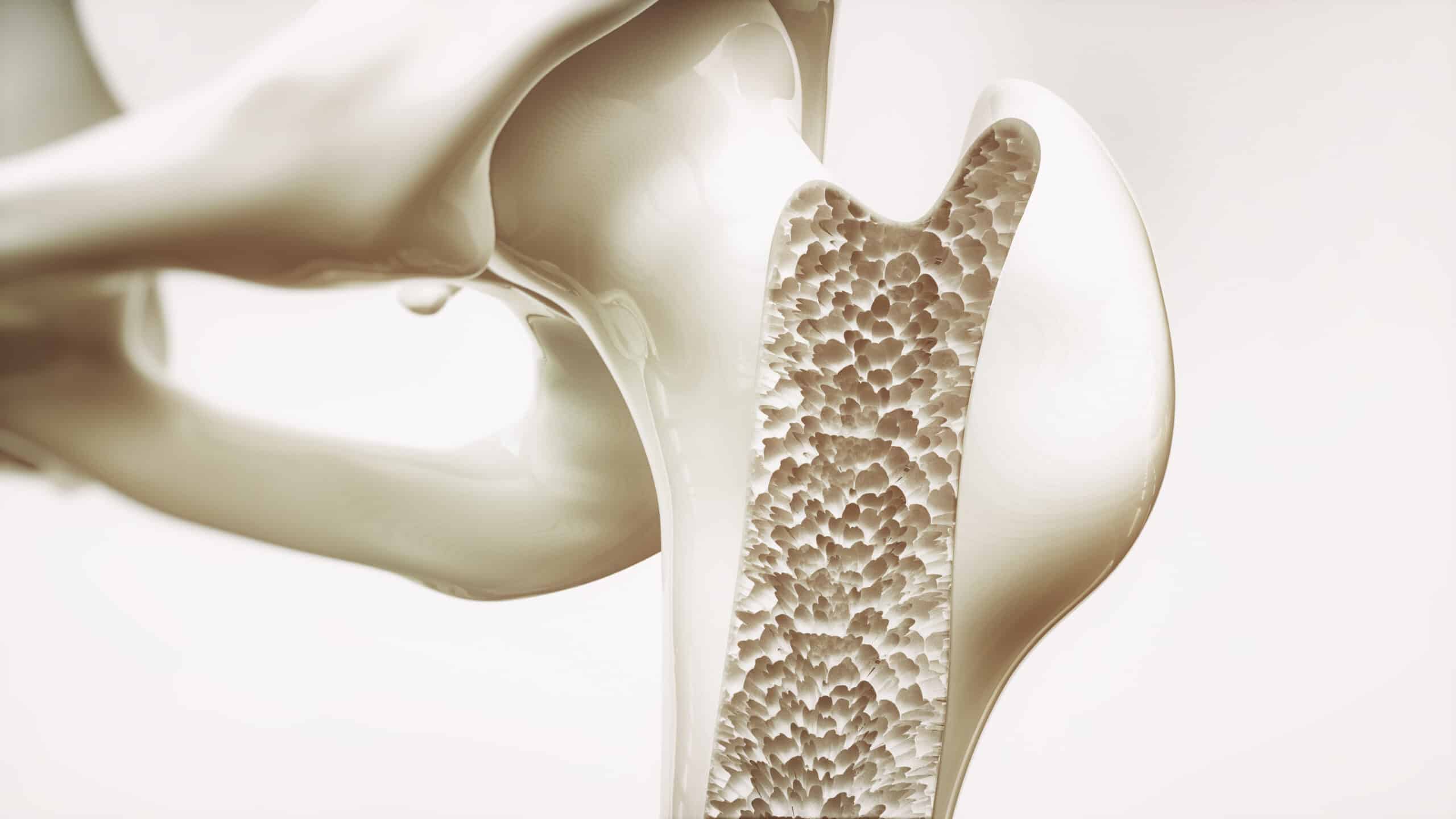A relationship between magnesium and bone health in American women was revealed in the National Women’s Health Initiative; women with higher magnesium intake had the highest mineral density in their bones, but they also had the most fractures which was explained to be due to American women who follow a healthy diet tending to be very physically active.
The UK BioBank Cohort tracking 156,575 men and women between the ages of 39-72 showed that participants with the most magnesium had a stronger grip, higher bone mineral density and lower body fat.
Magnesium can be obtained through diet and supplements, be sure not to take more than 600mg a day as it may cause diarrhea because excessive magnesium attracts water and can make stools runny. The more magnesium you intake the smaller percentage the body will absorb; and magnesium glycinate, magnesium-L-threonate, magnesium citrate and magnesium orotate are more bioavailable, or completely absorbed, than magnesium chloride, magnesium oxide and magnesium sulfate.
Magnesium is important to bone health as bone building osteoblasts require it to lay down the crystal that forms the mineral content of bones. Magnesium also helps to regulate parathyroid hormones that remove calcium from bones into the bloodstream.
Women who are deficient in magnesium tend to have larger mineral crystals in their bones, larger bone crystals are not able to bear as much weight as smaller crystals, thus smaller bone crystallization is better and magnesium helps to promote smaller crystals in the mineral matrix of the bone.
The body requires oxidizing chemicals as well as antioxidants, when there is a magnesium deficiency antioxidant production becomes insufficient which stimulates the activity of harmful osteoclasts while hindering the activity of osteoblast rebuilding cells. Inflammation increases the activity of osteoclasts, causing them to become out of sync with osteoblasts and results in bone loss.
Those with diabetes typically develop circulatory problems in the legs and feet which can impact bone health by depriving them of blood vessels. Magnesium helps bones build the circulation needed to prevent diabetic vascular disease and neuropathy.
Magnesium is required to form cartilage which has several functions including helping to hold the bones together and cushioning the joints. When there is a deficiency the enzymes that help to build cartilage are not able to function as required.
Before, during, and after menopause magnesium can help address the symptoms of dysmenorrhea to restore normal menstrual periods, as well as helping to produce estrogen to help maintain bone health, while helping to relax muscles, and soothe muscle and joint pain.
Magnesium helps to promote regular bowel movements which can help to prevent digestion issues such as constipation by drawing water into the intestines, softening and increasing the size of stool to trigger a bowel movement and making them easier to pass.
While magnesium can be obtained in supplements, food is still the best option. Good choices of foods rich in magnesium include almonds, avocados, bananas, Brazil nuts, chard, Chia seeds, dark chocolate, edamame, flax seeds, legumes, spinach, tofu, pumpkin seeds, whole grains, and oily cold water fish.




